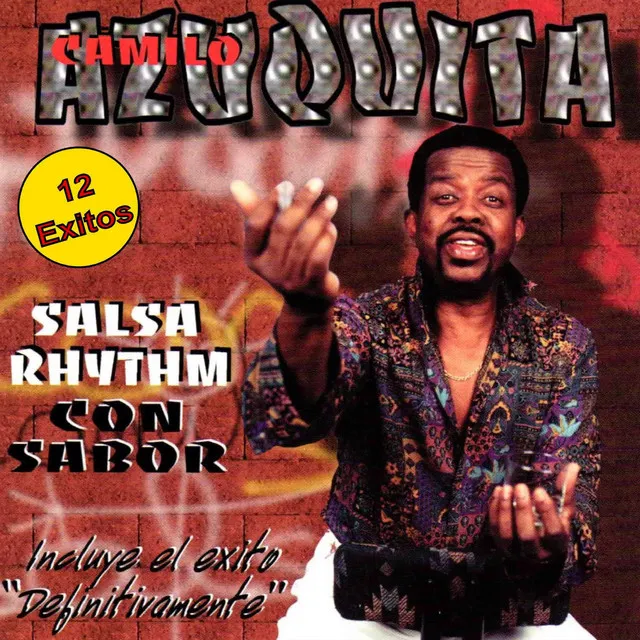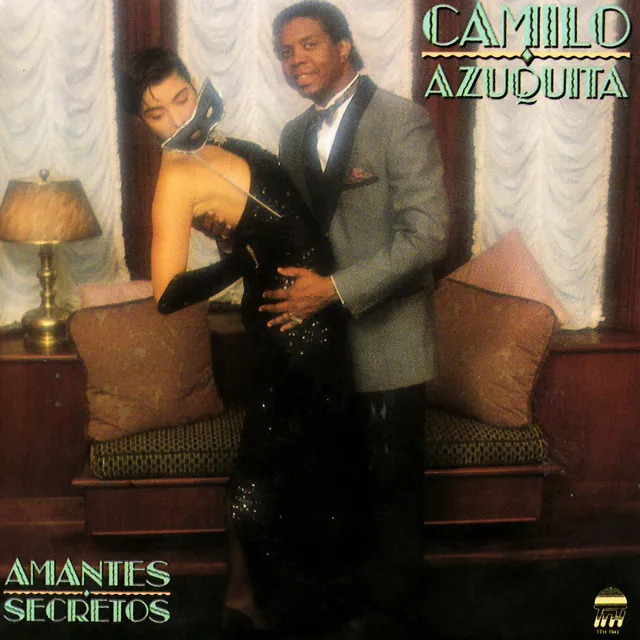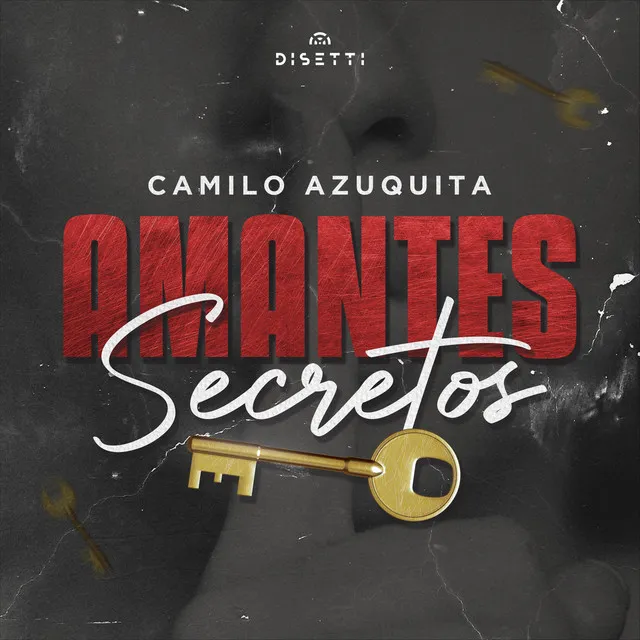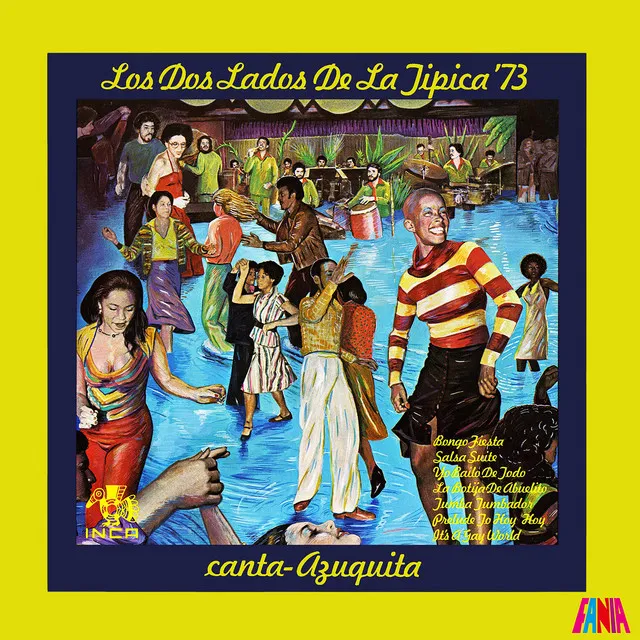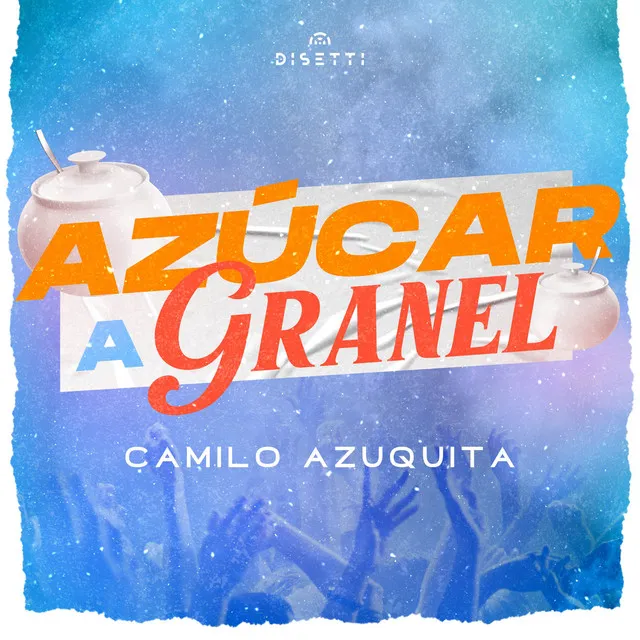b. Camilo Luis Argumédez, 1945, Colón, Panama. Azuquita’s parents were both singers of Cuban son and Panamanian tamborito (an African-derived music form). At the age of 15 he signed his first professional contract to sing in Peru. Azuquita moved to Puerto Rico in the mid-60s and sang lead vocals on the album Se Pone Bueno/It Gets Better by Roberto Roena and his band Megatones. In 1966 he joined Rafael Cortijo’s band. In New York in 1968 he recorded Live It Up with Kako and the descarga (Latin jam session), The Salsa All Stars, with Kako, Charlie Palmieri, Israel ‘Cachao’ López, Louie Ramírez, Pupi Legarreta and others. In 1969 he made Ahí Na Má!/Put It There with Cortijo, and did a six-month stint with La Sonora Matancera.
Between 1972 and 1976 Azuquita toured and recorded with his own band, Melao. He reunited with Kako on Union Dinamica (1976), produced by Louie Ramírez. In 1977 Camilo replaced Tito Allen as lead singer of Típica 73 and made two albums with the band, and with them he visited Paris for the first time. Johnny Pacheco produced 1979’s Llego Y Dijo, which was one of pianist Isidro Infante’s earliest New York recording dates. Azuquita relocated to Paris and his first release there was the live Salsa En Vivo (1980), recorded at the Bataclan on 20 December 1979. For that date, Melao was made up of both Paris-based musicians, such as Cuban trumpeter Ernesto ‘Tito’ Puentes and Colombian conga player Rodolfo Pacheco, and New York accompanists like long-standing Tito Puente band member, percussionist and arranger José Madera. In 1981 Azuquita sang lead vocals and composed half the songs on Tito Puente’s album Ce’ Magnifique, including the cut ‘Virgen De Regla’, which was later described as a ‘nasty tune’ (in a positive sense) by trombonist Joe de Jesús, who was on the session. The same year he appeared on the same bill as Bob Marley at a concert in Bourges, France, where he performed in front of an audience of 75, 000. He also appeared at Paris’ famous Olympia. His 1983 Salsa Internacional 83 had one side recorded in Paris and the other in New York. Azuquita returned to the USA. Pianist Oscar Hernández (who has worked with Libre, Ray Barretto, Rubén Blades and others) produced and played on 1988’s Azucar A Granel! Trumpeter José Febles was the album’s musical director and was responsible for most of the arrangements. The release of Azucar A Granel! was the occasion for a concert at the New Morning in Paris. Azuquita joined the salsa romántica trend with Amantes Secretos (1989) with production, musical direction, keyboards and arrangements by Isidro Infante. Azuquita became a French citizen in 1995.
